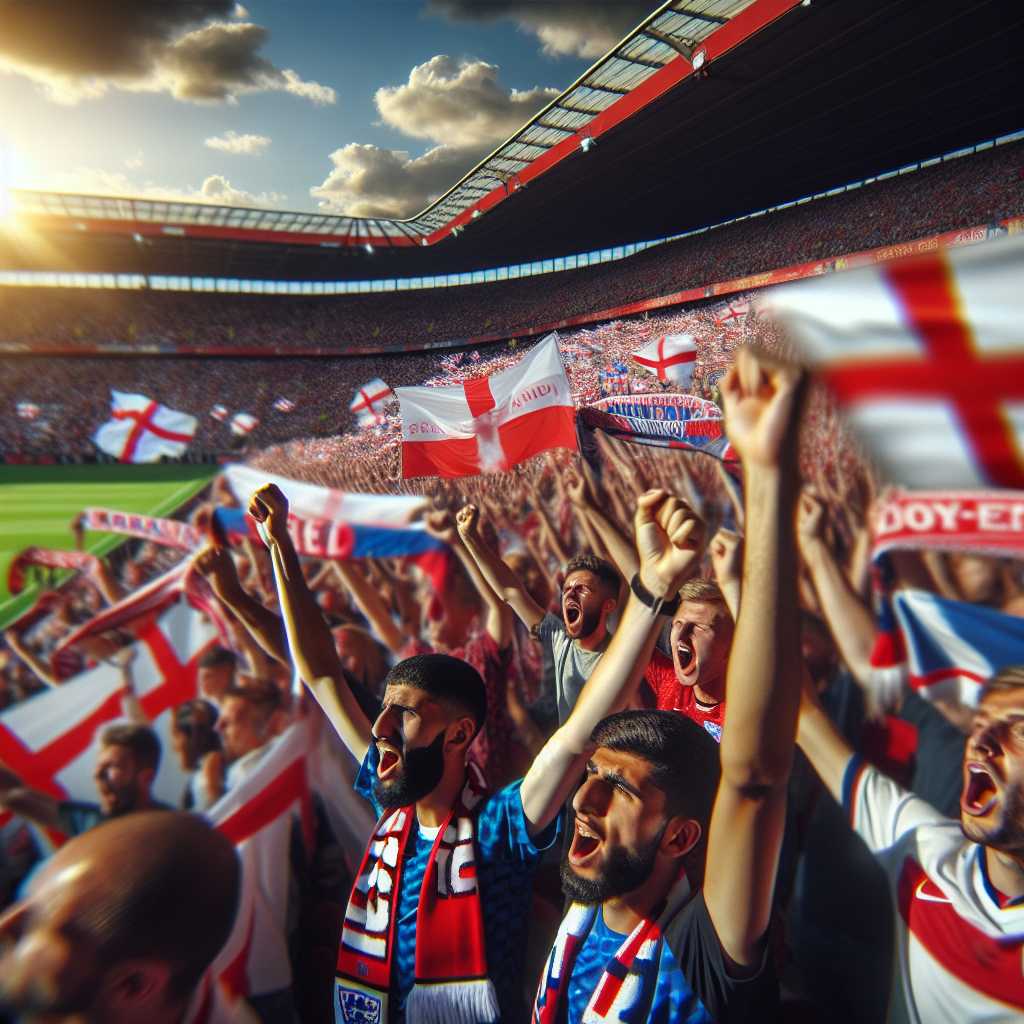## Exploring the Rich History and Present Dynamics of England Football
England’s love for football is profound, with the sport playing a significant role in the country’s cultural landscape. This article dives into the footballing legacy of England, from its inception and historical development to its current status and impact on national identity.
The Beginth of Association Football in England
Association Football, commonly known as football in England and soccer in some other countries, has its modern roots planted firmly on English soil. Recognized as the home of football, England prides itself on creating the first standardized rules for the game.
The establishment of The Football Association (FA) in 1863 marked a pivotal moment as it set down the foundational laws to govern the sport. The codification of football rules led to organized competition, with the FA Cup – initiated in 1871 – being the oldest football competition in the history of the sport.
Football rapidly grew in popularity among all classes during the late 19th century. The introduction of professional football in 1885 further expanded its appeal and led to the founding of the Football League in 1888. Accessibility was key, and soon, any semblance of elitism was shed, making football the people’s game.
The Pinnacle of International Competition: England’s World Cup Triumph
England’s international pedigree is highlighted by their performance in global competitions. The most celebrated moment in English football history was winning the FIFA World Cup in 1966. Hosted on home soil, the England national team triumphed at Wembley Stadium, defeating West Germany 4-2 after extra time in the final.
This victory cemented England’s place at the apex of world football. The names of players like Geoff Hurst, who scored a hat-trick in that final, and Bobby Moore, the captain, are etched into English folklore. However, replicating this success at international tournaments has been elusive since.
English Football Today: Clubs and Competitions
In recent decades, domestic football has seen exponential growth. The Premier League, formed in 1992, has evolved into one of the most popular and lucrative football leagues globally. Attracting top talent from all corners of the world, it has broadened English football’s cultural reach and commercial value without precedent.
The lower tiers also remain robust components of English football’s fabric; The Championship, League One, and League Two showcase both historical clubs and emerging teams vying for promotion to higher echelons or battling to avoid relegation.
Simultaneously, women’s football is surging in popularity. The FA Women’s Super League, established in 2011, represents a significant step forward for female participation in a once male-dominated space.
The Cultural Impact of Football on English Society
Football’s infusion into English culture extends beyond just Saturday matches. The communal aspect brings people together across different backgrounds. Rivalries such as that between Manchester United and Liverpool or Arsenal and Tottenham carry potent socio-historical significance that accentuates local pride.
Moreover, issues pertaining to racism, class inequality, and territoriality, often surface within the parameters of the sport’s context in society. Football clubs have become champions for progressive causes and community development projects seek to utilize football’s unifying power for social good.
The football industry significantly contributes to the country’s economy through employment opportunities and tourism while showcasing England’s modern face through a shared global language: Football.
Notes
Image description: A picturesque view capturing a vibrant football stadium scene in England possibly during match day with throngs of fans draped in team colors showing fervent support amidst a sea of raised scarfs; moving closer we can depict the intensity of expressions reflecting passion for the beloved sport.
